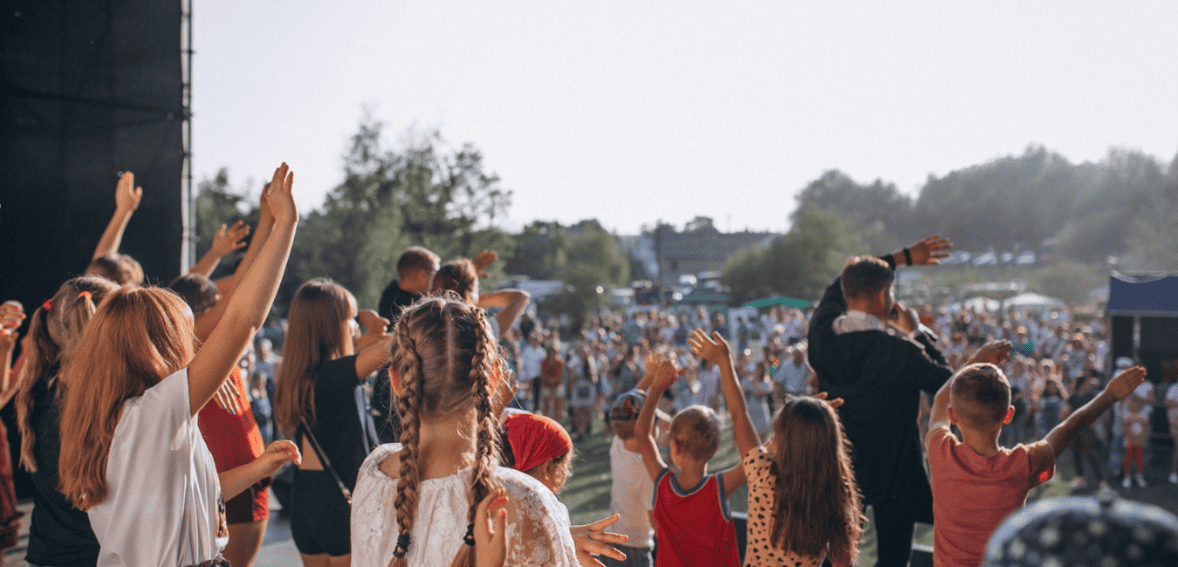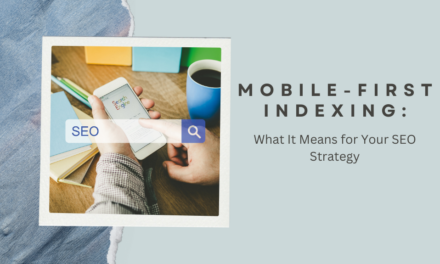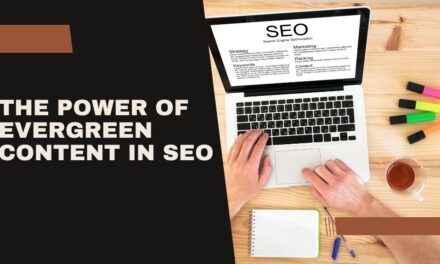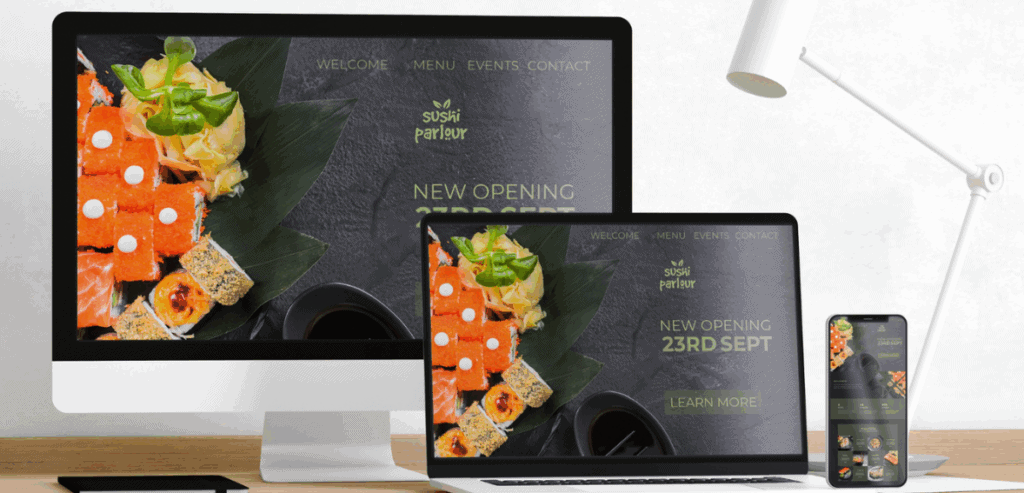Local businesses rely on events to grab attention and drive traffic, both online and offline. Whether it’s a flash sale, a seasonal promotion or a limited time pop up, these opportunities are a great way to get visibility in search engines. Event based strategies don’t just drive foot traffic, they can also boost digital presence when combined with smart event SEO. Search engines are getting more responsive to timely content, so businesses that optimise their events well can get more visibility during the active period.
In recent years platforms like Google have prioritised local relevance by giving prominence to short term but meaningful activities. A local café hosting a live music evening, a boutique having a summer clearance sale or a retailer offering Black Friday discounts all benefit when they appear at the top of search results. By combining local business events into a structured digital plan, entrepreneurs can bridge the gap between community engagement and online visibility. This gets even more powerful when combined with Google Events post optimisation, which allows businesses to show time sensitive information directly in search results.
Why Event-Based SEO Matters for Local Businesses
Businesses succeed when they align their marketing with real life. Traditional SEO is about evergreen keywords, long term content and ongoing authority building. But event driven SEO is about timeliness. When people search for “Valentine’s Day deals near me” or “pop up art gallery this weekend” they are looking for immediate options. Being in those search results requires a different approach.
Event SEO captures the urgency of customer intent. Local businesses can create campaigns around limited time offers, seasonal trends or cultural celebrations. Unlike ongoing promotions these strategies leverage curiosity and scarcity to encourage quick decisions. Plus when optimized properly local business events not only attract customers but also get backlinks from community sites, news portals and bloggers covering events in the area. Those links build long term authority even after the event is over.
And platforms like Google My Business allow Google Events post optimization so your events show up directly in search results. This is especially powerful because it combines organic SEO with direct customer engagement and drives both digital clicks and in person attendance.
Pop-Ups as a Tool for Digital and Local Visibility
Pop-ups are hot among retailers, restaurants and lifestyle brands. They create exclusivity by limiting access for a short time, often for new product launches, collaborations or testing demand in specific areas. The power of a pop-up is in the offline experience and online visibility.
From a search perspective, event SEO helps to highlight the uniqueness of the pop-up. A business can create landing pages for phrases like “pop up store near me” or “exclusive fashion pop up downtown” which will give quick visibility in local search. These landing pages when linked to social announcements and community blogs will extend reach beyond physical attendance.
At the same time local business events like pop-ups get featured in local media or shared widely on local event platforms. This drives more traffic and provides backlinks that boost domain authority. Businesses can take it a step further by optimizing Google Events posts which will tell search engines to show accurate details like location, timing and entry conditions. The combination of urgency, exclusivity and digital presence creates a strong loop of awareness and conversion.
Leveraging Seasonal Promotions for Maximum Impact
Every calendar year brings opportunities for businesses to tie their promotions to major holidays or seasonal trends. From back-to-school sales to festive shopping sprees, customers actively search for offers during these peak times. Optimizing for these periods is not only about running discounts but also about making them visible where people are searching.
Event SEO ensures that seasonal offers appear prominently in search results. For instance, a clothing retailer offering “winter clearance sale” can optimize content to capture the surge in seasonal keywords. Aligning product descriptions, blogs, and promotional pages with these trends can improve discoverability. Additionally, local business events like summer festivals, holiday fairs, or winter carnivals allow businesses to attach themselves to broader community activities, increasing reach and recognition.
Through Google Events post optimization, businesses can directly highlight their special offers in search results. Shoppers browsing online for “Christmas deals near me” or “summer pop-up sales” are more likely to discover promotions when they appear as official Google Event posts. This integration makes seasonal campaigns more visible, reliable, and actionable for customers, ultimately increasing conversions.
The Role of Local SEO in Driving Event Attendance
Local SEO forms the backbone of successful event promotion. While events may be temporary, the optimization required to make them discoverable is rooted in consistent local strategies. Accurate business listings, keyword-rich content, and locally relevant backlinks all contribute to a stronger digital presence.
Using event SEO, businesses can ensure that their event-related pages rank for relevant searches. Optimizing titles, meta descriptions, and structured data with phrases like “music festival in downtown” or “pop-up bakery event this Saturday” can dramatically increase visibility. Pairing these pages with engaging visuals and maps ensures users know exactly where to go and what to expect.
Beyond search rankings, local business events rely heavily on community involvement. Encouraging check-ins, reviews, and social sharing during these events signals credibility to both search engines and customers. On Google, specifically, Google Events post optimization plays a crucial role, allowing event-specific details to appear directly in Maps and search results. This not only builds trust but also ensures people searching on mobile devices get real-time, accurate information.
How to Create Search-Friendly Event Content
Event marketing success is all about the content. Generic announcements don’t cut it. Businesses need to build digital experiences that mirror the excitement of the actual event. With event SEO, the content has to be both keyword focused and engaging. A single page announcement won’t do. Longer blogs, detailed press releases and multimedia elements can increase visibility. For example, writing a blog on “Top Things to Expect at Our Holiday Pop-Up” will attract both search traffic and local interest.
At the same time, local business events need to be part of the bigger content ecosystem. Event details need to be cross posted on local listings, event directories and social platforms. Each of these instances creates additional opportunities for search engines to index. Pair that with Google Events post optimization and all the critical information is in one click so customers can attend without confusion. Storytelling and structured SEO gives businesses the edge they need during peak event times.
Building Authority with Event Partnerships
Events don’t have to be standalone marketing activities. Partnerships and collaborations can amplify visibility and credibility. For example a bookstore hosting a pop-up reading with a local author or a café sponsoring a community art exhibition creates opportunities for cross promotion. From an optimisation perspective event SEO gets more powerful when multiple entities share content and backlinks. Each partner brings their own audience and the combined effort creates more digital authority. This collaborative model means the event will rank higher and get more visibility.
Such partnerships also help to amplify local business events beyond their immediate reach. Coverage from multiple websites, influencers and directories increases the chances of being in the top search results. With Google Events post optimisation each partner can highlight their involvement and ensure consistency across all digital platforms. Ultimately partnerships means the event is not just a one off but a long term reputation driver.
Tracking and Measuring Event SEO Success
Promotion without measurement is pointless. Businesses need to track how their event campaigns perform in search visibility, website traffic and actual attendance. Without that feedback loop, optimisation is a guess. Using analytics, businesses can measure the reach of their event SEO. Tracking impressions, click through rates and keyword performance for event pages gives you an idea of what worked. Plus tracking sign ups or ticket sales directly to event landing pages gives you clear conversion metrics.
When promoting local business events, measurement goes beyond digital clicks. Collecting data on attendance, social engagement and in-person interactions gives you a full picture of success. For Google specific strategies, reviewing the insights from Google Events post optimisation shows how many people viewed or interacted with event listings directly in search results. Those numbers help you refine your approach for future events and make each campaign stronger and more efficient.
Long-Term Benefits of Event-Focused Strategies
While events are temporary, the digital impact can last much longer. Optimized pages, backlinks, and content created for an event often continue to generate traffic well after the event has ended. This makes event SEO not just a short-term tactic but also an investment in long-term visibility.
Businesses that consistently promote local business events build reputations as active community participants. This reputation translates into more mentions, more coverage, and higher trust among customers. Over time, these advantages accumulate, making it easier for businesses to rank for both event-driven and evergreen searches.
Furthermore, Google Events post optimization keeps a history of past activities visible online. Customers who missed earlier events may be encouraged to attend future ones, while search engines view the business as consistently relevant. This compounding effect turns short bursts of visibility into a steady stream of long-term growth.

Integrating Event SEO with Social Media Campaigns
Search optimization and social platforms often work hand-in-hand during event promotions. While SEO focuses on discoverability in search engines, social media amplifies word-of-mouth buzz and audience engagement. The strongest strategies combine both approaches for maximum impact.
Using event SEO, businesses ensure their event is searchable. Meanwhile, sharing the same event across Facebook, Instagram, or TikTok drives immediate attention and builds anticipation. Coordinating hashtags, visual themes, and interactive polls creates a sense of participation before the event even starts.
For local business events, social proof is crucial. Attendee photos, live videos, and community shout-outs create authenticity, which often resonates more than traditional advertising. These interactions also generate backlinks and references, improving SEO indirectly. Coupling this with Google Events post optimization ensures the event reaches both search users and social audiences simultaneously, giving businesses the widest possible reach.
The Future of Event-Based Local SEO
The landscape of local search is constantly evolving. With mobile-first indexing, voice search, and AI-driven algorithms shaping customer behavior, businesses need to adapt their strategies for future success. Event-based approaches will continue to grow as consumer attention shifts toward immediate, location-specific opportunities.
The next stage of event SEO will likely emphasize personalization. Search engines may prioritize results based on user preferences, past behavior, and geographic proximity. Businesses that regularly host events and optimize them effectively will gain more visibility in these tailored searches.
Similarly, local business events will become more integrated with broader community calendars and digital ecosystems. Partnerships with local influencers, municipalities, and digital directories will play a greater role in visibility. Google Events post optimization will also expand, offering businesses more tools to showcase their events directly in search results with richer formats like video highlights or interactive booking options. This evolution suggests that event-driven strategies will remain a critical pillar of local SEO for years to come.
Conclusion
Event-based strategies help businesses stand out by combining community engagement with digital visibility. Through event SEO, pop-ups, seasonal promotions, and partnerships, companies can attract local audiences while boosting brand authority and recognition. Optimizing events on Google ensures accurate, compelling information appears when customers search, driving both short-term traffic and long-term benefits like backlinks and credibility. In today’s competitive digital landscape with limited attention spans, event-driven optimization meets customers at the right moment. When applied consistently, it transforms temporary promotions into lasting visibility, making event-based local SEO a vital component of sustainable business growth strategies.












